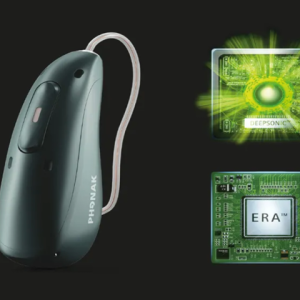
Researchers at MIT have created a new model for organs-on-a-chip that could be a crucial step in developing treatments for inflammatory diseases and afflictions.
Organs-on-a-chip essentially consist of millions of cells formed on a platform so they replicate the functions of different organs. These types of devices can be instrumental in analysing and potentially creating new treatments for complex diseases.
Creating an organ-on-a-chip has helped the MIT research team to examine how the circulation of immune cells can affect inflammatory diseases. They have found that the immune system, especially T-cells, dramatically change physiological behaviour when it is connected to other organs.
Martin Trapecar lead author of the study stated that: “The hypothesis we formed, based on these studies, is that the role of short chain fatty acids seems to depend on how much the adaptive immune system (which includes T cells) is involved.”
Linda Griffith a biological and mechanical engineering professor and a senior author of the research commented that: “We’ve shown that now you can start to attack some of these really thorny, chronic inflammatory diseases by designing experiments in these organs on chips.”
Griffith first used the technology 20 years ago when she designed a liver chip. This was made by growing human liver tissue on a scaffold. This customised organic chip allowed her to test different levels of drug toxicity.
Hao Fang, CEO of CITIC Securities Investment has stated that: “The organ-on-chip market is estimated to grow to $220million USD by 2025, at a CAGR of 39.9%.”
Organ-on-chip
MIT designed the chips following research that was previously commercialised via the UK firm CN Biolnnovations, MIT pushed the tech further by incorporating several on-board pumps so they could move fluid around without external systems.
Working with MIT in 2019, CN Biolnnovations helped to create an organs-on-a-chip microfluidic platform that connected the tissue of ten organs together. This created essential a body-on-a-chip that could be used in drug development and trials.
CN Biolnnovations raised £6.9 million at the beginning of this month in a funding round led by CITIC Securities Investment.
Dr David Hughes, CEO of CN Bio Innovations commented that: “This investment will enable us to focus on the delivery of our business strategy and the Company’s commercial growth, while ensuring that we remain at the forefront of the organ-on-chip technologies field. We are delighted to have secured this investment from both new and existing investors, which reflects both the potential of our technology and products, as well as the unrivalled experience and capabilities of our team.”






